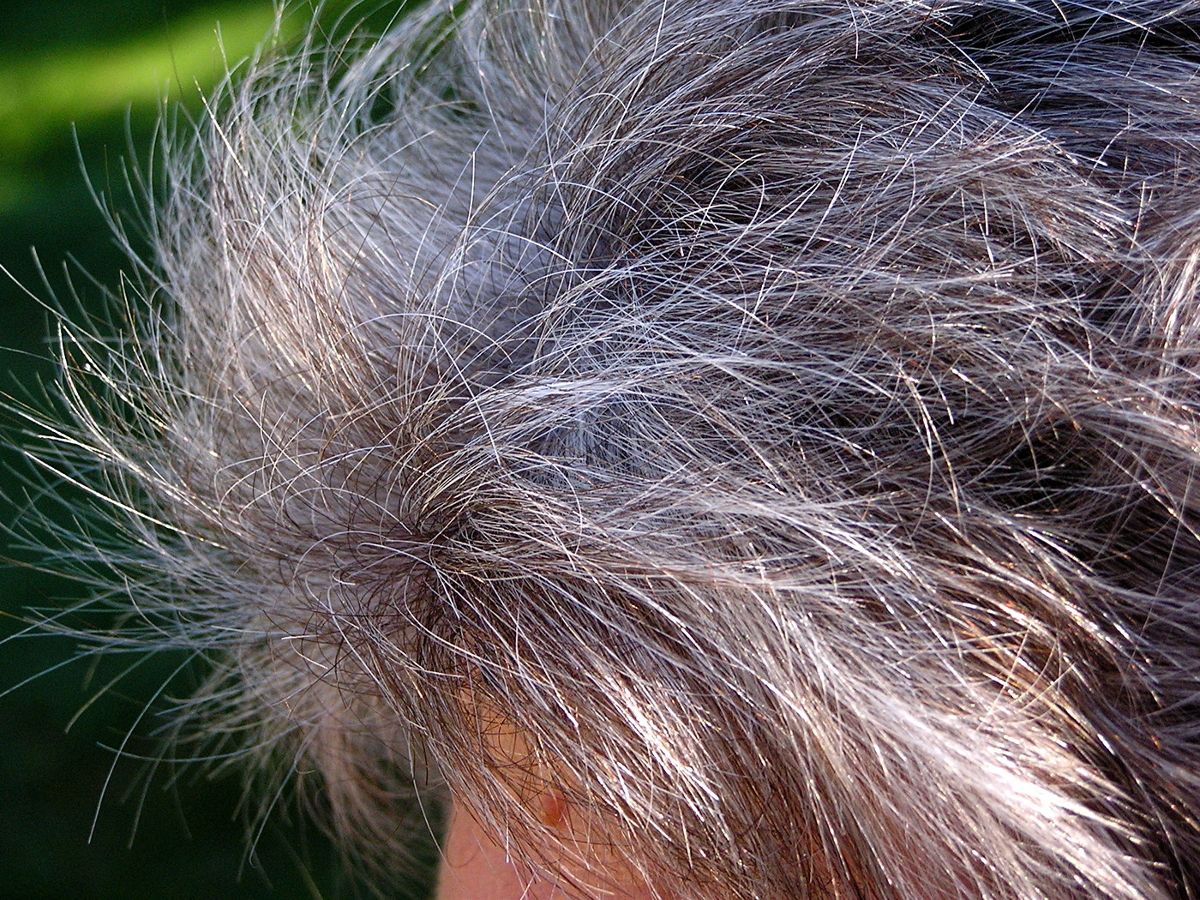Y: Don, you're looking kind of bristly today.
D: Yeah, I didn't have time to shave the fur off my neck this morning.
Y: Fur? Don't you mean hair?
D: All the same, hair and fur are practically identical.
Y: How can that be?
D: Well, the main difference between hair and fur is where it grows, not what it's made of. Hair length is a trait that's specific both to you as an individual, and to your species. So you have long hair on your head and short hair on your arms, while a deer has short hair all over. Also, unlike hair, fur includes a layer of finer, shorter denser hairs, the underfur, through which longer, coarser, more thinly distributed guard hairs extend.
Y: So why is it that humans aren't furry all over?
D: Ah, Yael! It's true we aren't--except for a few guys I've seen at the pool. The problem with answering your question, though, is that most of what science knows about evolution comes from fossils, and hair doesn't fossilize. This means that we don't know when or why hair and fur evolved. One theory is that fur evolved because mammals are warm-blooded and hair is a good insulator. If you're going to spend all this energy heating yourself up, you want to be efficient about it. A different theory is that hair enhances the sense of touch--
Y: Like whiskers!
D: Yes. And that was very useful to mammals that spent most of their time foraging in the middle of the night.
Y: And that, folks, is the long and short of hair.
D: More the short of it, I'd say. Time's up already.










